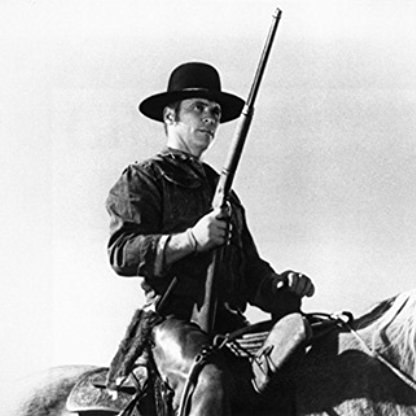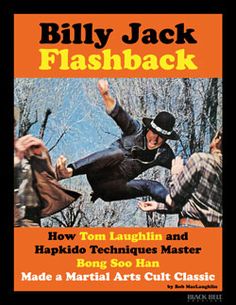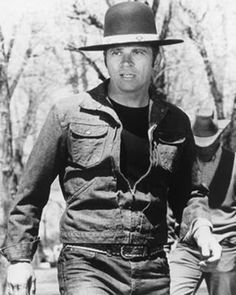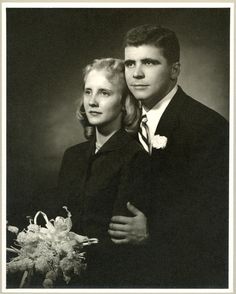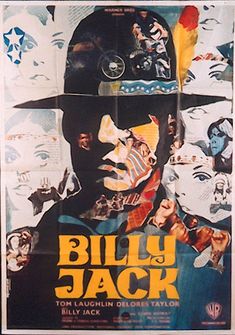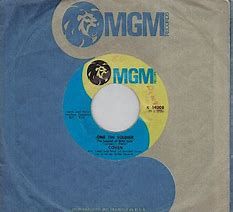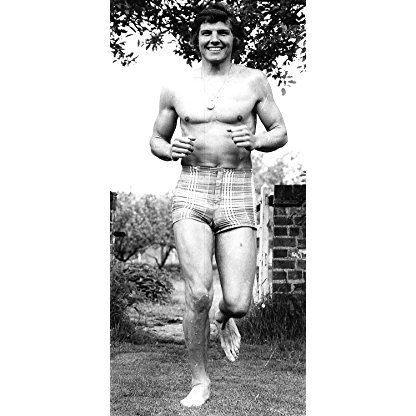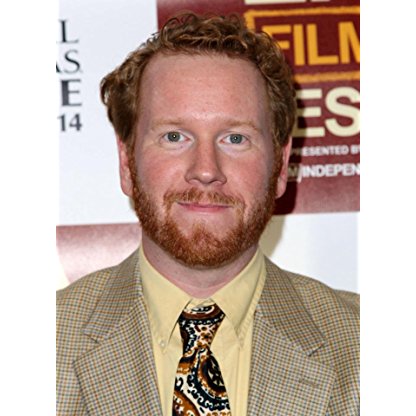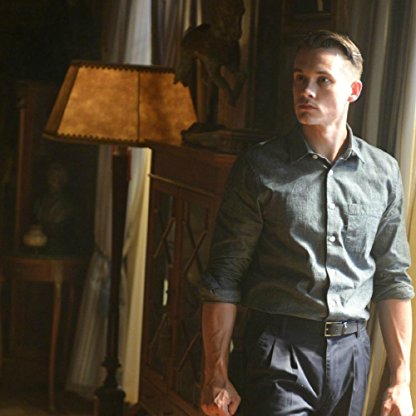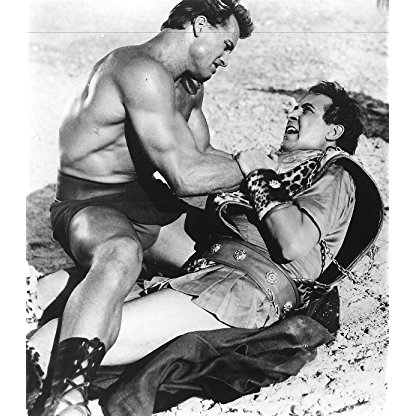At the time of the picture's release, Laughlin's company, Billy Jack Enterprises, had plans for a new Montessori school funded by his own foundation, a record label, an investigative magazine, books, a distribution company and more message-laden movies, including a special subsidiary to produce films for children. He told People magazine at the time, "Three years from today, we'll be the new United Artists. Either that, or we'll be out on our butt on the street." In 1976, Laughlin announced that he was more than $7 million in debt and blamed the financial troubles on unethical behavior by Warner Bros. Pictures, which he said had illegally sold the television rights to his films.

